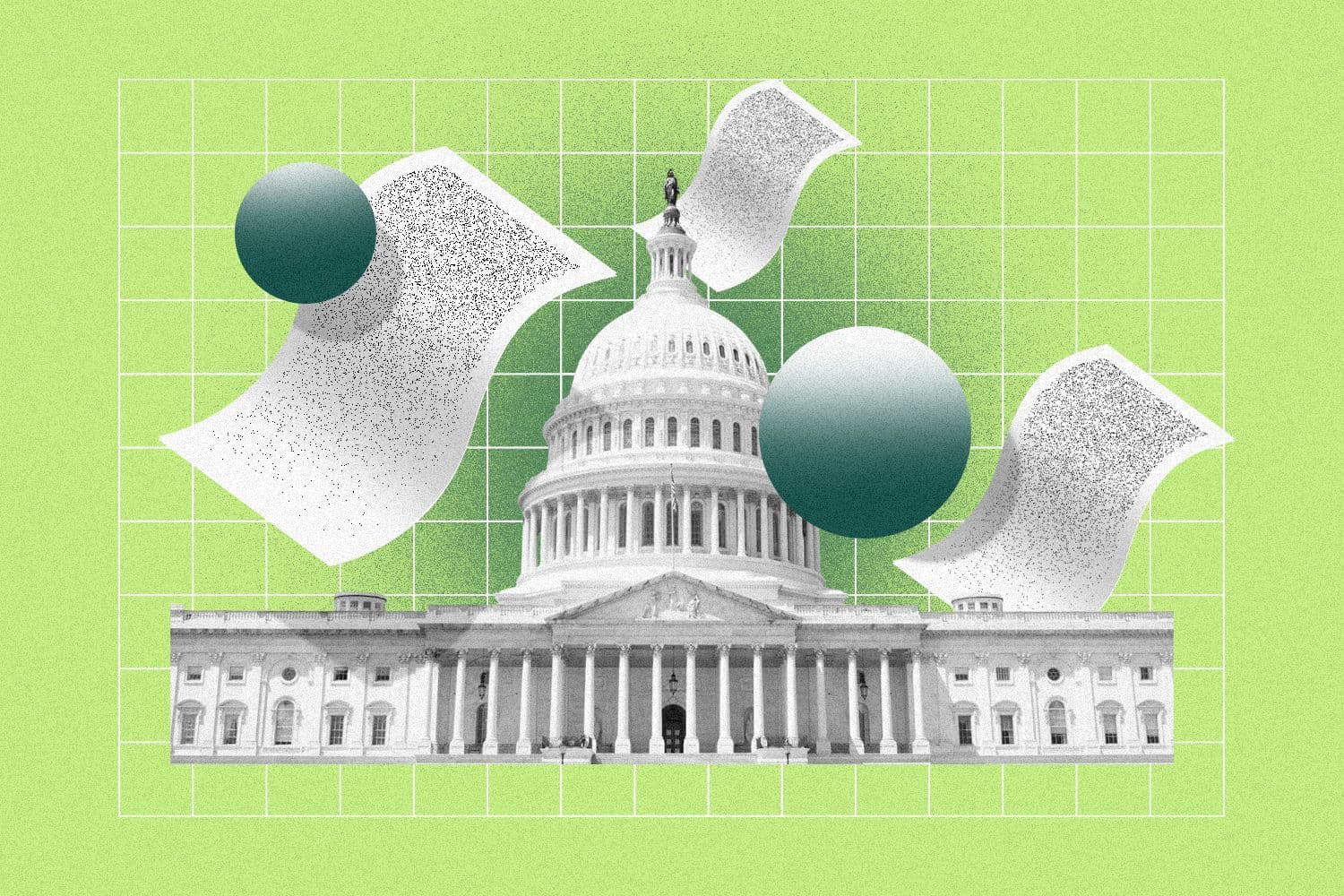Legislative lowdown: NLRB edition
The recent decisions are part of NLRB General Counsel Jennifer Abruzzo’s work to overturn a number of board precedents.

Francis Scialabba
• 4 min read
Courtney Vinopal is a senior reporter for HR Brew covering total rewards and compliance.
The National Labor Relations Board (NLRB) issued a half-dozen decisions in the week before Democratic member Gwynne Wilcox’s term expired. With the end of Wilcox’s term on August 27, Democrats have a slimmer 2–1 majority on the NLRB. Though she was renominated to the board by President Biden in June, Senate lawmakers didn’t vote on her confirmation before they left for recess.
The recent decisions are part of NLRB General Counsel Jennifer Abruzzo’s work to overturn a number of board precedents, including those regulating employer handbook rules, union elections, and determining when employees’ activities are protected by federal labor law.
HR Brew has highlighted three of these decisions and what they might mean for employers.
New framework paves way for union “card checks.” A highly anticipated decision in Cemex Construction Materials Pacific, LLC will require employers to bargain with a union even if no election is held. The case concerned a union drive that took place in 2019, during which Cemex employees voted on representation by the International Brotherhood of Teamsters.
Under a new framework introduced by the NLRB on August 25, workers can vote to join a union by signing authorization cards (also known as a “card check”), rather than holding a formal election. If a majority of employees vote to be represented by a union, an employer must recognize and bargain with the union, or “promptly file” a petition seeking an election, the NLRB ruled.
In light of the decision, “employers should be trained and prepared for an election at any time,” attorneys with law firm Littler wrote in a briefing. They noted unions often collect signed cards from employees without management’s knowledge, and said employers should make sure workers understand the implications of signing an authorization card.
Quick-to-read HR news & insights
From recruiting and retention to company culture and the latest in HR tech, HR Brew delivers up-to-date industry news and tips to help HR pros stay nimble in today’s fast-changing business environment.
Revision of precedent regarding unilateral decision-making. In two separate decisions taken August 26, the NLRB overruled a Trump-era precedent that had given employers more flexibility when making changes to terms and conditions of employment after a union contract had expired, or while a first union contract was being negotiated.
A majority of the board took issue with Raytheon Network Centric Systems, a 2017 decision concerning a company’s move to modify healthcare benefits for union workers while collective bargaining was underway.
A “past practice” of implementing unilateral changes to employment doesn’t justify making them while contract negotiations are underway, the board explained in the majority opinion.
This policy “better promotes the collective-bargaining process that lies at the core of the National Labor Relations Act,” NLRB Chairperson Lauren McFerran said in a statement explaining the decision.
Board returns to pre-2019 test for determining concerted activity. In a 2019 Trump-era decision, Alstate Maintenance, LLC, the NLRB narrowed the test to determine if employees are engaging in protected concerted activity under the National Labor Relations Act (NLRA). On August 31, the board announced it would return to the test established prior to 2019, arguing that the latter test was “unduly restrictive.”
Now, the question of whether employees engage in NLRA-protected activities when seeking to improve their working conditions will hinge on “the totality of the record evidence,” rather than a narrow checklist of factors, the NLRB said in a statement. A single employee’s actions may be protected, even if they don’t act in concert with a group.
Employers may be subject to heightened scrutiny from the NLRB following this decision, in the form of unfair labor practice charge filings, investigations, complaints, and hearings, attorneys for law firm Benesch wrote in a September 5 post.
Quick-to-read HR news & insights
From recruiting and retention to company culture and the latest in HR tech, HR Brew delivers up-to-date industry news and tips to help HR pros stay nimble in today’s fast-changing business environment.